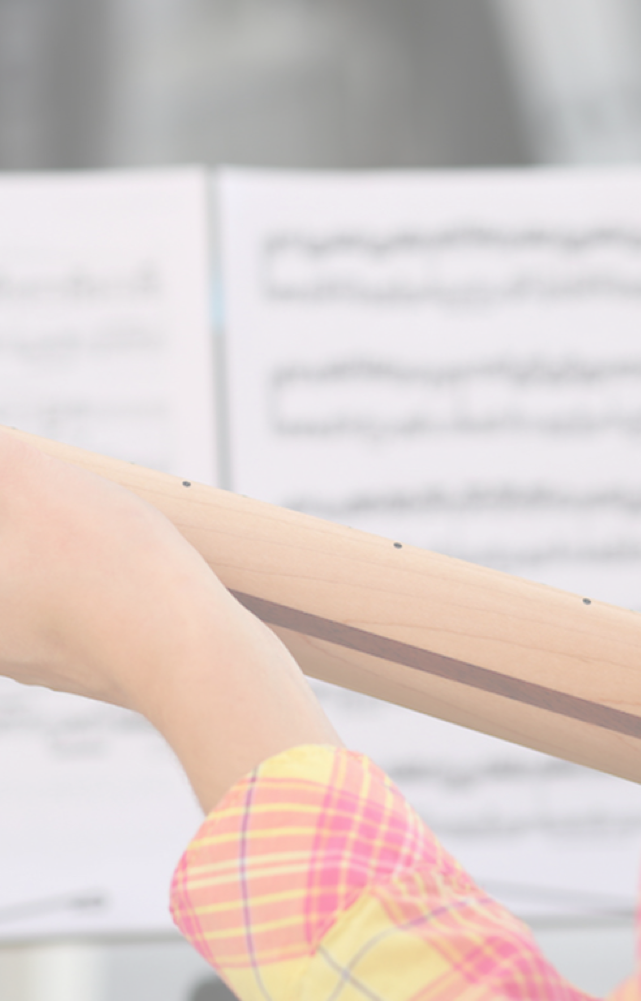
10 TIPS
FIND A LOCAL TEACHER
The most effective way to learn is from an experienced professional teacher. Musicians spend years developing their skills, studying, practising and playing music. An experienced teacher that knows what they're doing and can communicate well is a precious resource, so learn as much as you can from them.
HAVE REGULAR LESSONS
Organise to have a lesson at the same time every week.
ASK YOUR TEACHER LOTS OF QUESTIONS
Music teachers are the type of people who love to help. They get sincere enjoyment from passing on their knowledge, so ask lots of questions during your lessons.
If you don't understand something, or if you find something difficult, tell your teacher so they can help you.
DON’T WASTE TIME
Even though music teachers are friendly and accessible people who value friendship and love to chat, you are paying for their time. So don't waste too much time talking about things that are irrelevant.
Be on time for your lesson. You don't like waiting for someone who is late, so why would your teacher?
BE ORGANISED
If possible, turn up a few minutes early so you can check to make sure you have everything for your lesson.
Make sure your instrument is properly tuned before your lesson so you don't have to waste precious time tuning up during your lesson.
BE PATIENT
Learning a musical instrument takes some time, but it's very rewarding. So be patient and enjoy your achievements as you make them.
PRACTISE
Do some practise between each lesson.
Generally, the more practise you do, the better you'll get.
The amount of practise you should do will depend on a number of factors; how long you've been playing for, your natural ability, what you want to achieve and how much time you can allocate.
Here's a rough guide:
Beginners: 10 to 30 minutes each day
Intermediate: (or students preparing for exams): 30 to 60 minutes each day
Advanced: 4+ hours (If you want to be a professional musician, treat your practise time like a full time job and practise all day every day until you can shred like the best)
Play your instrument as much as you can and, whenever you have the opportunity, play music with other people.
SET REALISTIC GOALS
Set some realistic goals and give yourself the appropriate time to achieve them.
Your teacher will guide and advise you, but whether you follow their advice is ultimately up to you.
GROUP LESSONS VS PRIVATE LESSONS
Group lessons are a great way to meet new people and have a laugh while learning a few chords. If you really want to learn to play a musical instrument, take private one-on-one lessons from an experienced teacher.
"I learned to play guitar online!", said NO serious musician EVER!!
The internet and digital media have changed the way music is produced and sold. It has made vast amounts of resources more accessible to more people. And has made a few people extraordinarily wealthy. There are some really great tuition videos online. And there are some great subscription services available. But they're all missing the most fundamental element. Music is a very human experience. A guy on a video will never be able to point out your strengths and weaknesses. He can't correct your posture and hand position, or help develop your phrasing and rhythm, or recognise and encourage your passion. So if you really want to learn to play a musical instrument, take lessons from an experienced professional teacher.
You'll be contributing to your local economy instead of augmenting the wealth of a tax dodging overseas corporation.